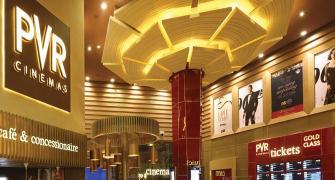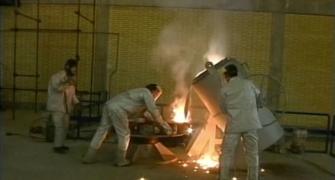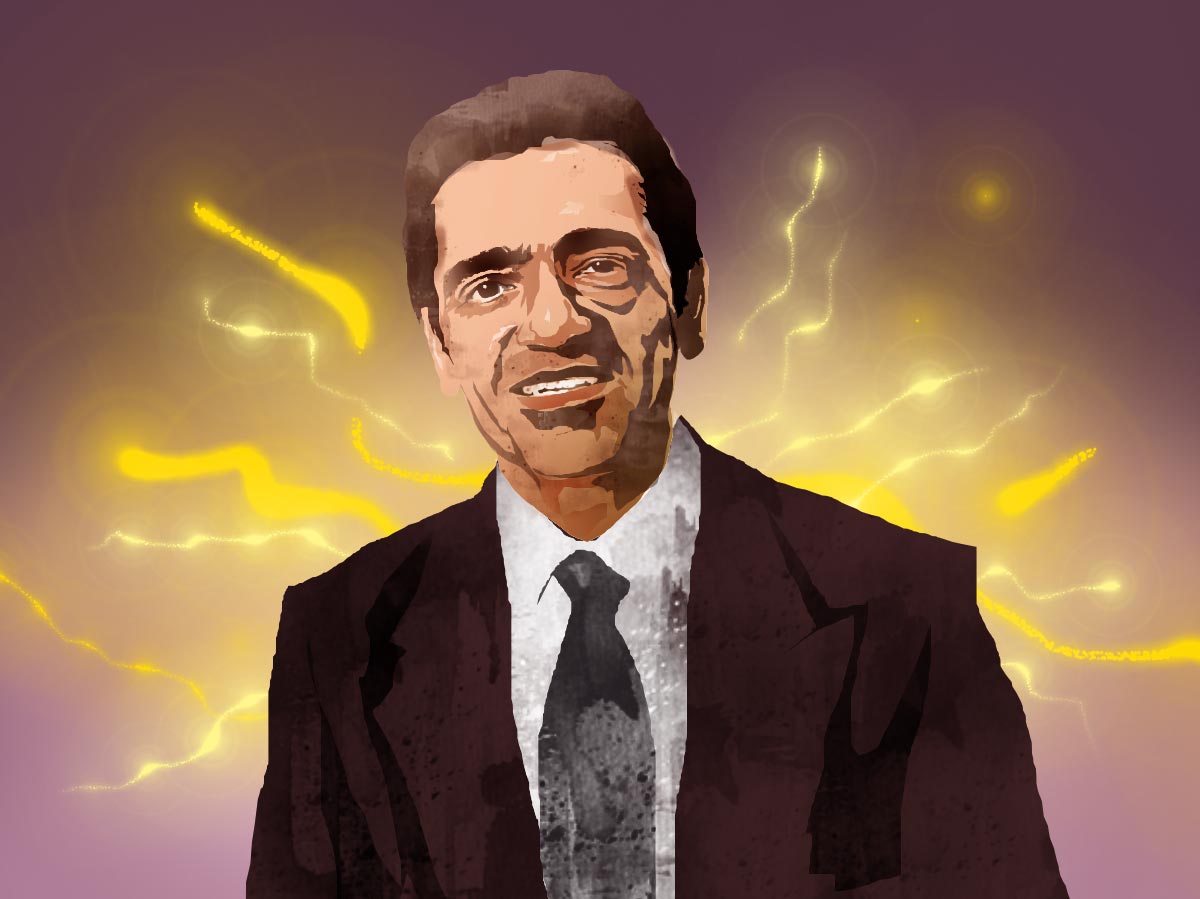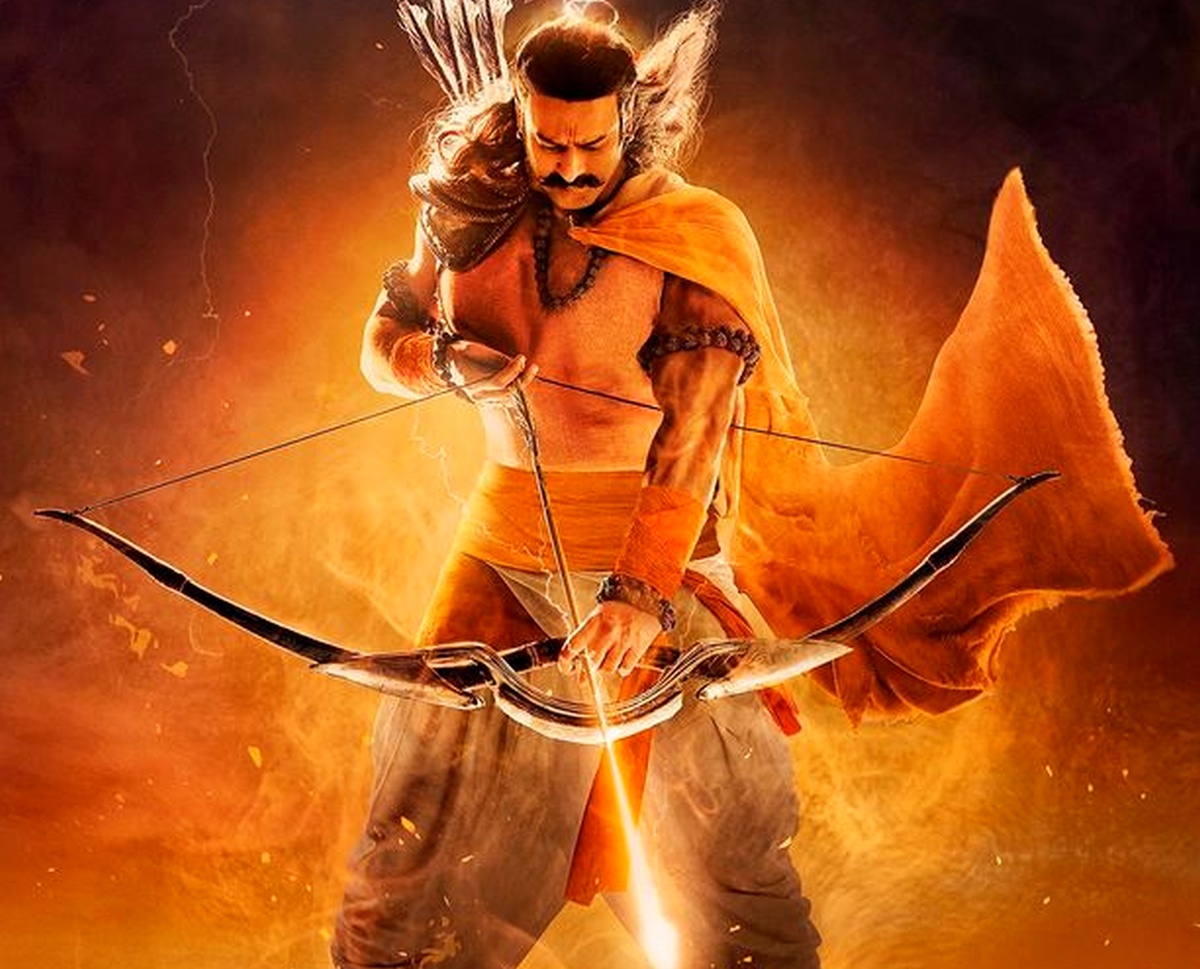'If the South starts shooting on IMAX more, it will be beneficial. And likewise, it will benefit Bollywood directors.'

Multiplex chain PVR Inox launched India's first standalone IMAX theatre at Delhi's landmark Priya Cinema this month.
With 20 IMAX theatres across the country, there are plans to install more screens in cities such as Delhi, Mumbai and Bengaluru.
PVR Inox is counting on IMAX to grow its business and encourage film-makers.
"I do believe an OTT fatigue has set in, where people are unable to decide which platform to pick. OTT has opened a world of content; we wouldn't have started watching multi-language content if it wasn't for the OTT exposure. And that directly benefits us on the big screen," Aamer Bijli, lead specialist-international film marketing, PVR Inox, tells Ritwik Sharma/Business Standard.
How can the partnership with IMAX help PVR Inox at this juncture, particularly as the cinema business looks to recover from the pandemic?
IMAX is one of the most premium movie-watching experiences.
It doesn't focus as much on the seats as the surround sound aspect and the digital format.
IMAX has a lot of qualitative and quantitative advantages for us.
In quantitative terms, obviously the ticket price is a big factor and justifies the cost that we have put in, which is about Rs 8 crore for installing an IMAX.
In terms of quality, it adds to the pipeline of films because directors and producers are always looking for better ways to enhance their films or increase production value.
Adding an IMAX sticker is almost like a badge of honour.
The owners of IMAX have always pushed boundaries and Christopher Nolan has become one of their stars.
Obviously, movie buffs enjoy IMAX, and those who don't will most likely be converted into movie buffs after watching it.
To what extent does IMAX contribute to your business?
It does contribute a significant amount, but it is dependent on the pipeline of films available.
When an IMAX film is not there, we can use the auditorium for regular films as well.
This means they will be either shown in CinemaScope or flat.
Luckily this year, we have Blue Beetle, followed by Gran Turismo and Jawan, a big Bollywood title.
There will also be Salaar, a South Indian title. This is just in the next two months. And, these are all huge titles for IMAX and it does add significantly to our revenue.
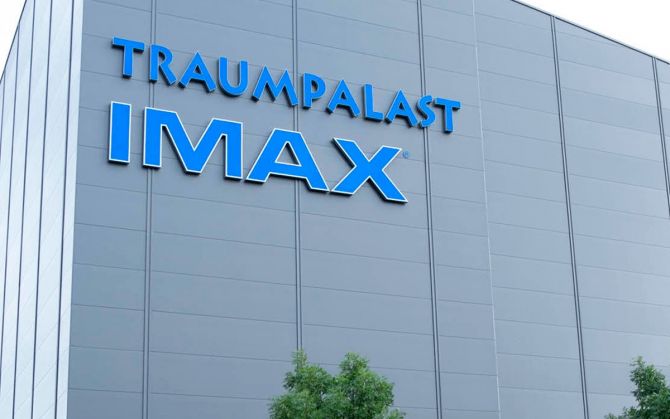
How much can ticket prices vary?
Ticket prices are a function of many things, one of them being the experience.
Secondly, we take into account consumer trends and really wish that consumers exceed their bang for the buck that they are spending.
For an IMAX film the ticket prices can be Rs 800 to Rs 900.
Current average ticket price that we are running is Rs 246 to Rs 250, and given that this is a premium format from IMAX, I would expect a 20-30 per cent bump on that.
Do you expect strong domestic content to find its way to IMAX?
Unlike earlier, there has been an immigration of content pan-Indian.
Even if we put more IMAX screens in the North, the industry in the South will still benefit because people want to see the spectacle that is a southern film.
I do hope the trend continues, the bigger the platform that the PVR-Inox combine provides, the more it encourages film directors to use those formats.
If the South starts shooting on IMAX more, it will be beneficial. And likewise, it will benefit Bollywood directors.
A lot of them are moving towards IMAX. Jawan will pave the way for many more.
Are big-ticket productions and spectacular VFX now a prerequisite to lure people back to theatres, especially with OTT platforms catering to various niches with diverse content?
The budget necessarily need not be big. For example, we released a film called Talk to Me, a niche horror movie, whose budget was $10,000; it has already grossed over Rs 1 crore (Rs 10 million) for us, which is huge.
I don't want to say that OTT is in direct competition because it is not.
I do believe an OTT fatigue has set in, where people are unable to decide which platform to pick.
OTT has opened a world of content; we wouldn't have started watching multi-language content if it wasn't for the OTT exposure. And that directly benefits us on the big screen.
There are consumers who would go now for southern cinema, but hadn't when Baahubali was released. Coexistence obviously is the natural way forward.
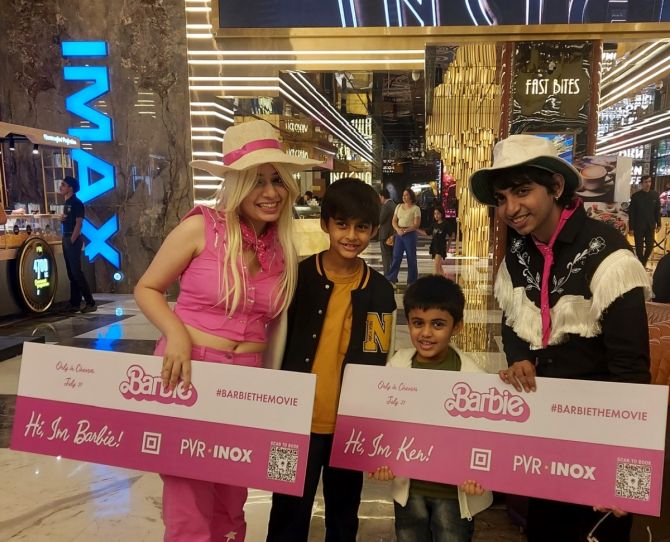
Given the investments in an IMAX screen, how critical is capacity footfall?
The investment that we made in IMAX also allows us to screen regular films.
It won't be a dearth of content if there is no IMAX film.
If there is an overall dearth of content, of course it would impact us. And, that's when we innovate beyond the four walls of cinema.
We begin to look at other content areas, gamifying screen and hosting competitions, among others.
There are a lot of industries cinemas are exploring as exhibitors.
We are exhibiting content at the end of the day, and whatever shape or form, we are looking to adapt.
For instance, when the pipeline was lower towards the beginning of May, Citadel, which is an Amazon Prime production, saw a massive screening in Phoenix, Mumbai.
So, we are always on the lookout for ways to monetise the screen because at the end of the day there is no better viewing experience.
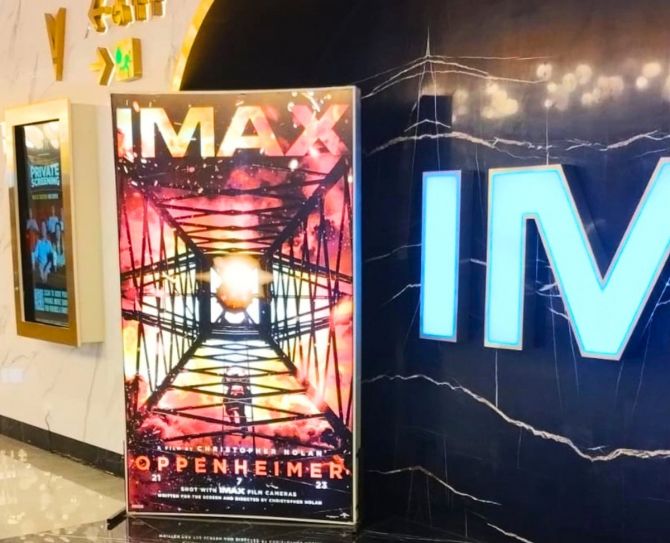
How has business been at the back of launches like Oppenheimer and Barbie?
It's a cyclical business. It's been wonderful so far.
PVR and Inox together accounted for about 60 per cent of the total box-office collections of Oppenheimer and Barbie, and about 35-40 per cent of all other collections.
So, when a hit comes, it hits us well and when there is a dearth, it hits us hard.
July was wonderful for us, when the total was about Rs 300 crore (Rs 3 billion).
Now with the August pipeline again, Hollywood content is strong.
Sometimes good movies slip under the radar, so it's our job to market them.
Could you elaborate on the marketing initiatives with international studios?
What we are trying to do is basically make PVR Inox a global brand.
India has been in the limelight for a few years now, specific to the film industry.
India's market is extremely lucrative for international studios.
It's become easier in terms of efforts and they are willing to put money into marketing the films in India.
Apple has invested over a billion dollars into theatrical releases and it is extremely keen to propel content in India; so is Warner Brothers.
These studios are releasing 21-22 films in India till the end of the financial year, which is a jump.
What kind of traction do you see for international movies in India?
It depends on the type of movie released and genres play a big role in consumption patterns.
Action films are a hit across the board, and there are people who enjoy watching niche Hollywood movies in their own language.
We are rolling out systems where you can wear headphones and the movie will be dubbed in your preferred language.
We are making it extremely convenient for consumption of movies.
It's an app technology, not a cinema technology. And, Hollywood studios are keen to be a part of this as they seek mass appeal.
Feature Presentation: Rajesh Alva/Rediff.com



